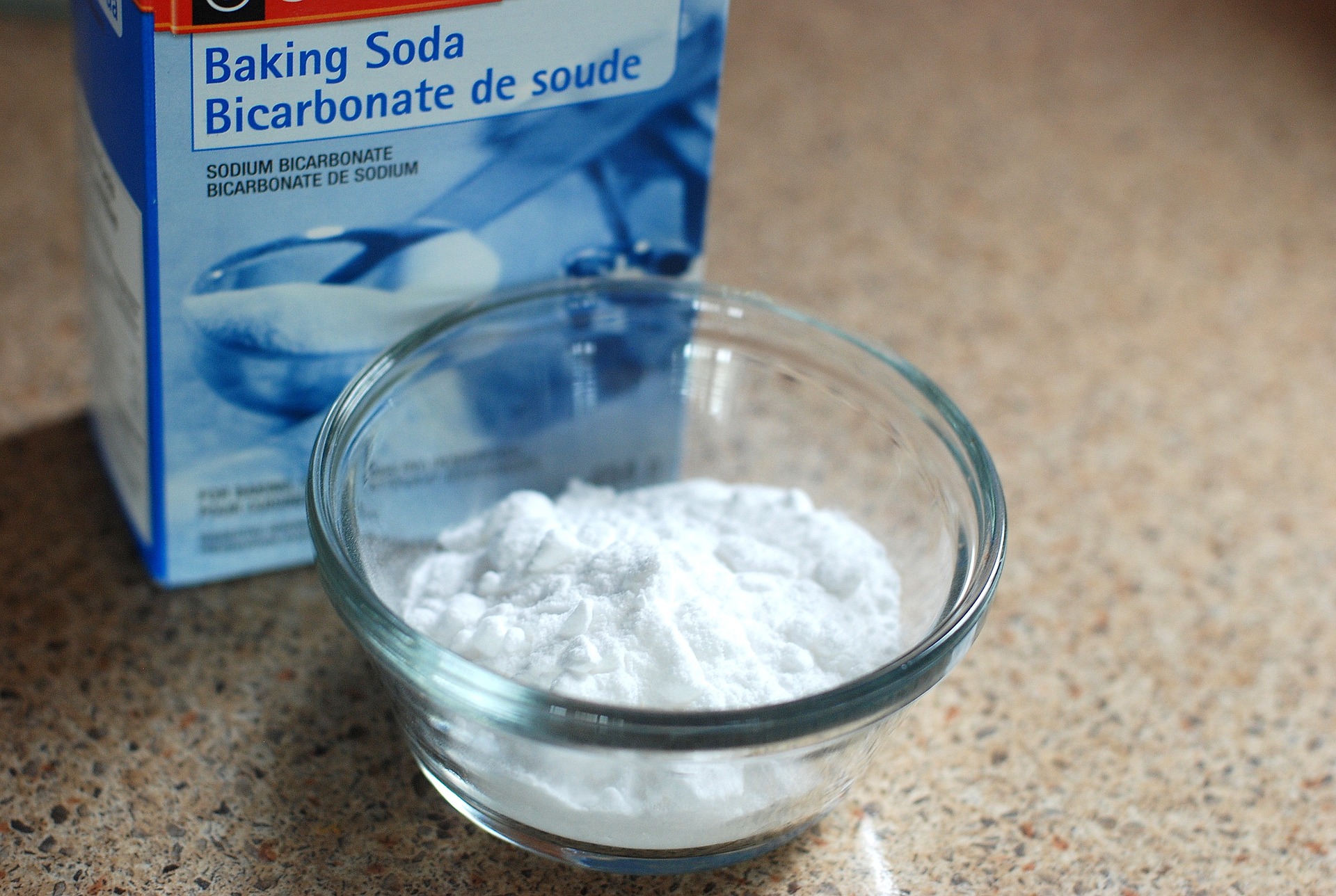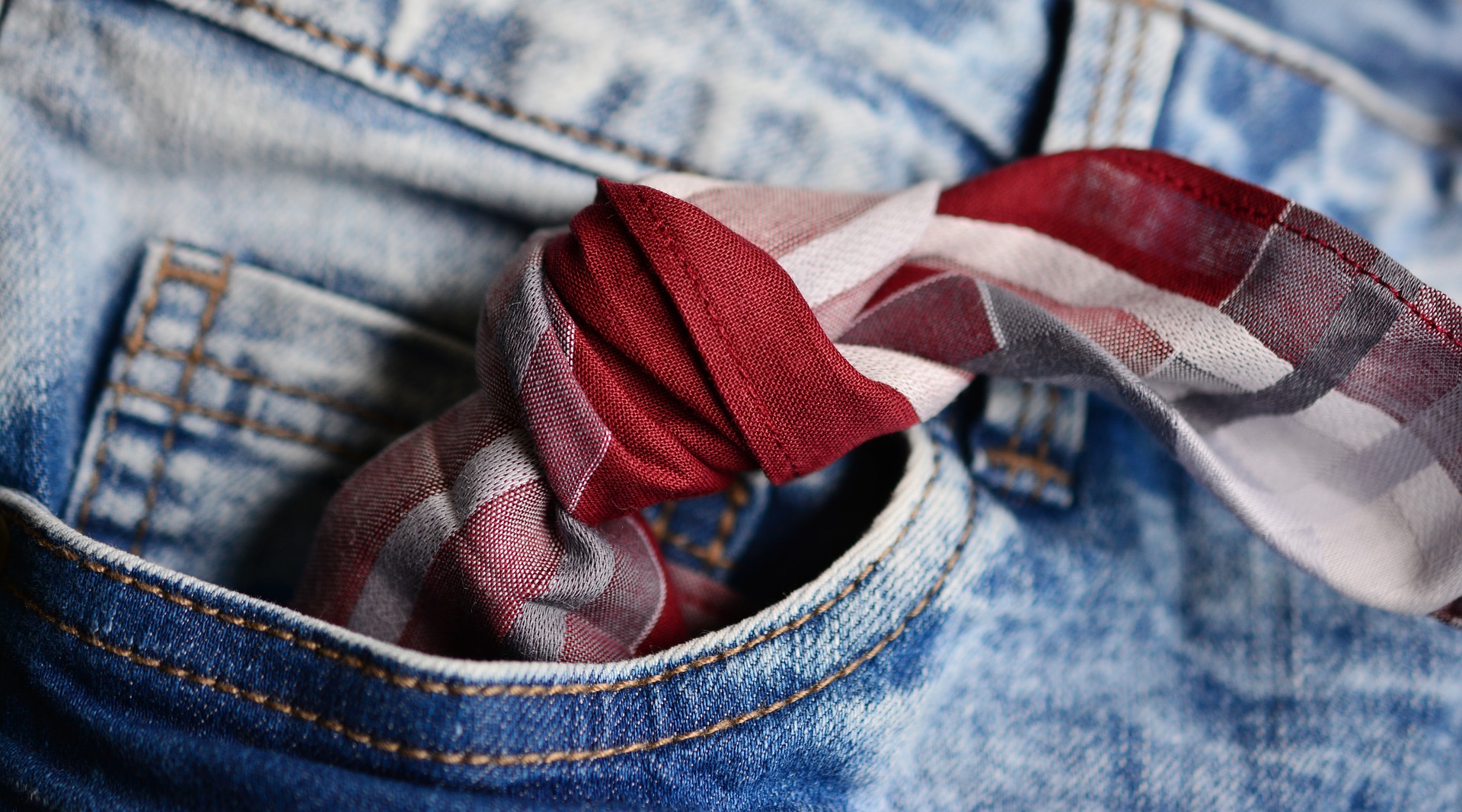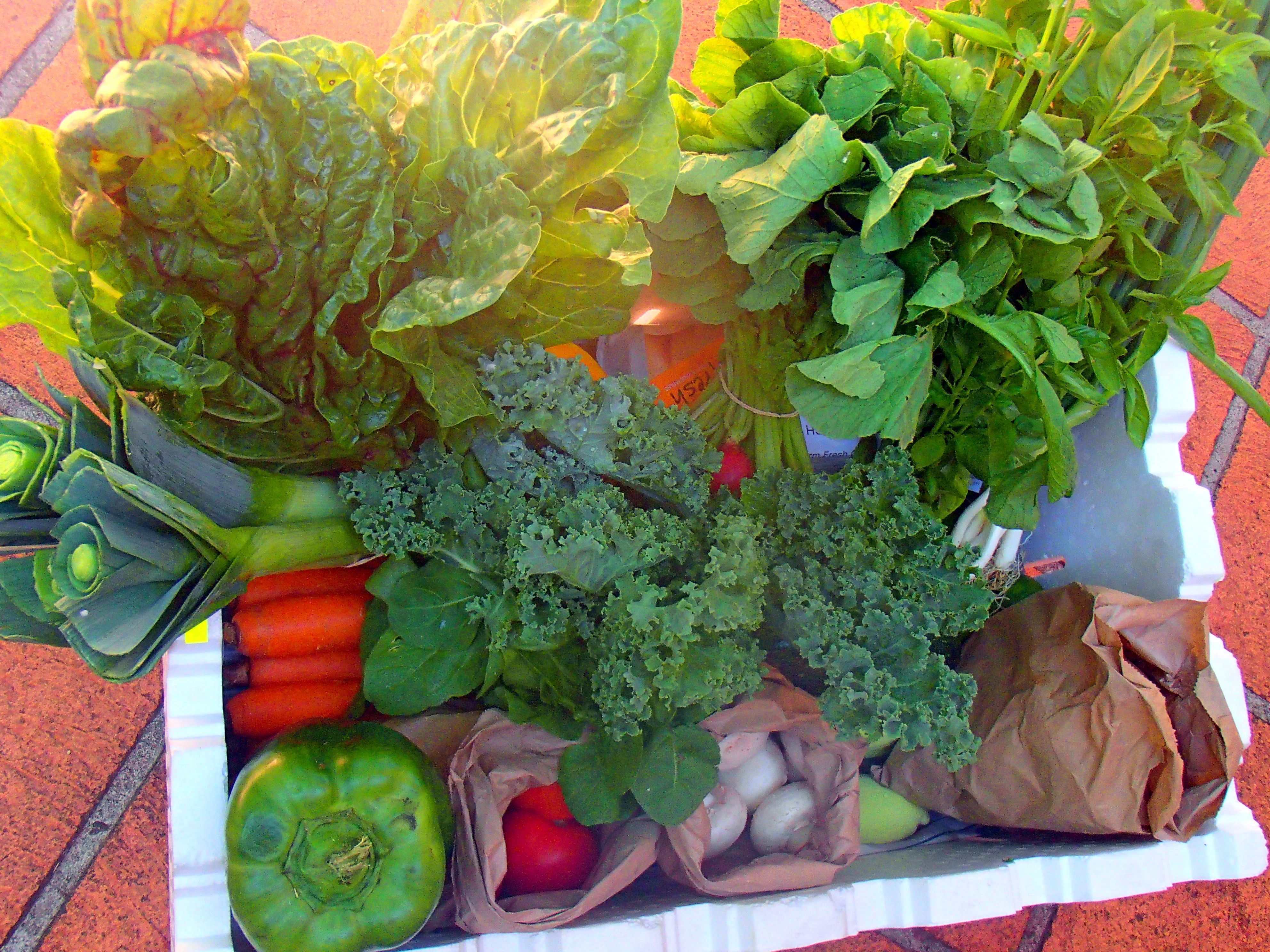I talked about cleaning naturally previously and today I want to spend some time on how to keep your house – and kitchen in specific – germ-free without using chemicals.
For starters, it should be noted that due to the availability of all sorts of anti-bacterial soaps we have generally become a little lazy in the department of food hygiene. So, some of the ideas here are simply to remind you (and myself) of some basics.
Further, I’m a firm believer in the fact that we shouldn’t aim to live germ-free. There are many reasons to expose especially children to a variety of germs in their lives. It will help build their immune system and help them fight off diseases easier and quicker. I do have to note though that we have been lucky in our house that we have never had to deal with serious sicknesses, even when my daughter ate handfuls of sand and sucked on pebbles in the garden. Not all germs are good germs and some will not help build the immune system.
Common sense
And this gets me to the first point, common sense. It applies to so much in our lives, and cleanliness is just one of them. A common sense of a clean kitchen will be different to different people so I will try to speak as generally as I can here.
If you cook and handle meat regularly you will know that it’s good practice to use a different chopping board for meat, separate from the one for veggies. I have a plastic board dedicated to raw meat and fish because it cleans easily and I remember it. But there is no need to stick with plastic. A wooden chopping board is just fine, as long as you remember to use it solely for meat and fish.
Similar to the chopping board is the towel. If you handle raw meat on a regular basis, it’s a good idea to have a dedicated handtowel for drying your hands. In particular, pay attention to not accidentally use the same towel to dry your hands and to dry dishes. And, wash the towels regularly.
It should also be common sense to clean all kitchen surfaces after cooking. I have a spray bottle of white vinegar sitting by my kitchen sink with which I spray all surfaces liberally after whipping them clean with some hot water. The high acidity in vinegar kills many common bacteria. If you don’t want to use vinegar (and on marble countertops you shouldn’t), use a damp cloth with some soap and lemon oil (more on this below).
Similar to the chopping board and the surface is, of course, all kitchenware. After preparing food, wash thoroughly and let it dry before using it again.
Natural anti-bacterial action
There are some awesome natural anti-bacterial agents which you can use in the kitchen. They are all food-safe.
Vinegar is my personal favourite. Even though the smell can be overwhelming at times, it evaporates quickly. I spray my chopping boards, the kitchen counter, and our dining table every night with undiluted vinegar. The smell is completely gone in the morning and I know that the vinegar will have done its job overnight.
My second favourite is lemons. Using lemon essential oil in some hot water not only smells fantastic but also helps to eliminate common germs. I also like using it as an air freshener in a little burner. It just makes the room seem so much cleaner. Even more effective than lemon oil are thyme, origanum, mint, cinnamon, salvia, and clove essential oils.
Also anti-bacterial, although less likely used in the kitchen on a regular basis, is beeswax. One area I use beeswax in a lot is my food wraps which are coated with beeswax and they are therefore not only food safe but also anti-bacterial.
Beyond the kitchen
To move a little out of the kitchen but to stay with natural anti-bacterial action, I get to borax. Borax is a natural bleach and highly effective as an anti-bacterial and anti-fungal cleaner. It’s mainly used as part of a laundry detergent. It also has its uses as a carpet cleaner, fridge deodoriser, and for washing delicates. Whether or not borax is safe for human consumption is a highly debated question.
Similar to borax is hydrogen peroxide. It is also a bleach, it’s anti-bacterial and anti-viral, and it can even be used as a disinfectant for small wounds. Our immune system produces hydrogen peroxide in controlled dosages. It is important to keep an eye on the strength of hydrogen peroxide (see this post as a guide). In a concentration of 3 percent, hydrogen peroxide is a useful cleaner to have on hand.
Another potent natural anti-bacterial cleaner is vodka or alcohol in general. Although I don’t recommend spraying it around the kitchen (especially with children around), it can be used in the bathroom as long as safety comes first.
And the last natural cleaner I want to mention is the loofah plant, which isn’t technically anti-bacterial but still an awesome cleaner. When the fruit of the loofah plant is left to ripen until fully grown and then dried, its fibres will produce an awesome scrubber for your kitchen. And with enough time to dry between uses, a loofah scrubber is an awesome natural cleaner for your home.




